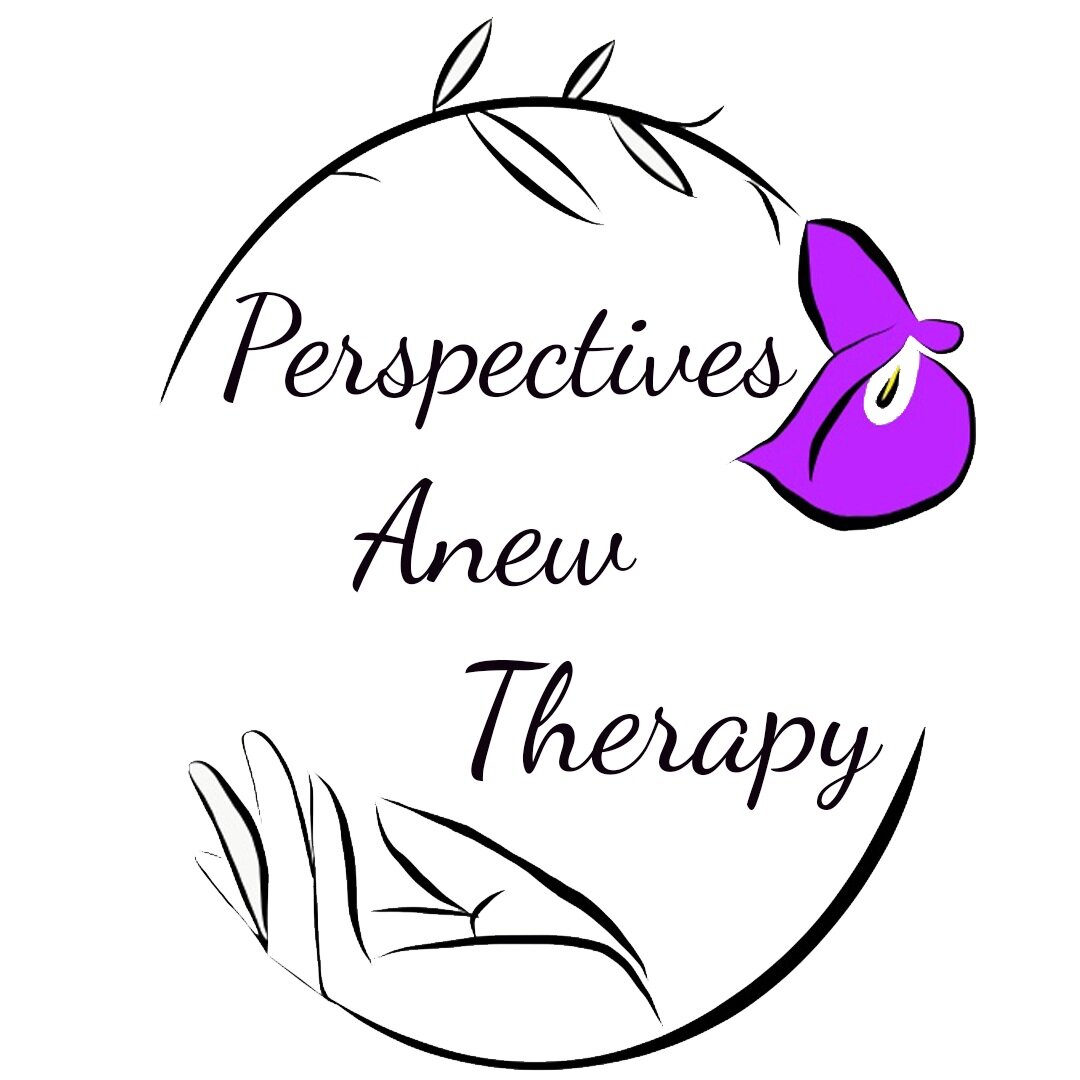Cognitive Distortions
Cognitive distortions are unreasonable and illogical thoughts that influence our emotions based on the type of distortion. Although everyone experiences one or more forms of a cognitive distortion, if an individual does not recognize the irrational thought it can become harmful. The first cognitive distortion is overgeneralization which is when individuals make broad interpretations from one or more events. An example of this is thinking “I felt awkward ordering food at the restaurant. I am always so awkward.” The second form of a cognitive distortion is magical thinking which is the belief that acts will influence unrelated events. One example of this would be “I’m an amazing partner, nothing bad should ever happen to me.”
The third distortion, magnification and minimization, are when people exaggerate or minimize the importance of events. This can be seen when people either minimize their achievements or amplify their mistakes. Within the realm of magnification and minimization is catastrophizing which is seen when individuals only expect the absolute worst outcome of a situation. An example of this might be “My flight got delayed, it’s going to end up being canceled and I’ll be stuck in this airport forever.” Personalization is the fourth cognitive distortion which holds the belief that you are responsible for situations beyond your control. An example of personalization would be “My partner is stressed out, it must be because I don’t do enough for them.” A common distortion most people are familiar with is jumping to conclusions, meaning that an individual is interpreting the meaning of a situation with little to no evidence. Within this distortion are two others: mind reading and fortune telling. Mind reading can be seen when someone is interpreting the thoughts and beliefs of other people without any actual evidence. Fortune telling is the expectation that an event will turn out poorly without any actual evidence.
Fortune telling is the expectation that an event will turn out poorly without any actual evidence. The sixth distortion, emotional reasoning, is the assumption that emotions reflect how things truly are. An example of this is “I feel like a bad mother so I must be a bad mother.” Disqualifying the positive is when you only recognize the negative aspects of an event while ignoring the positives. One example of this would be a yearly review with your boss and only focusing on the improvements they want you to make and not the positives they pointed out. The last two cognitive distortions are “should” statements and all-or-nothing thinking. “Should statements” are the belief that things can only be one specific way, whereas all-or-nothing thinking is thinking in absolutes like “always,” or “never.”
Source: Therapist Aid
